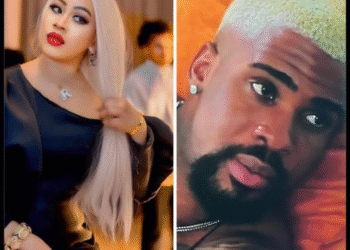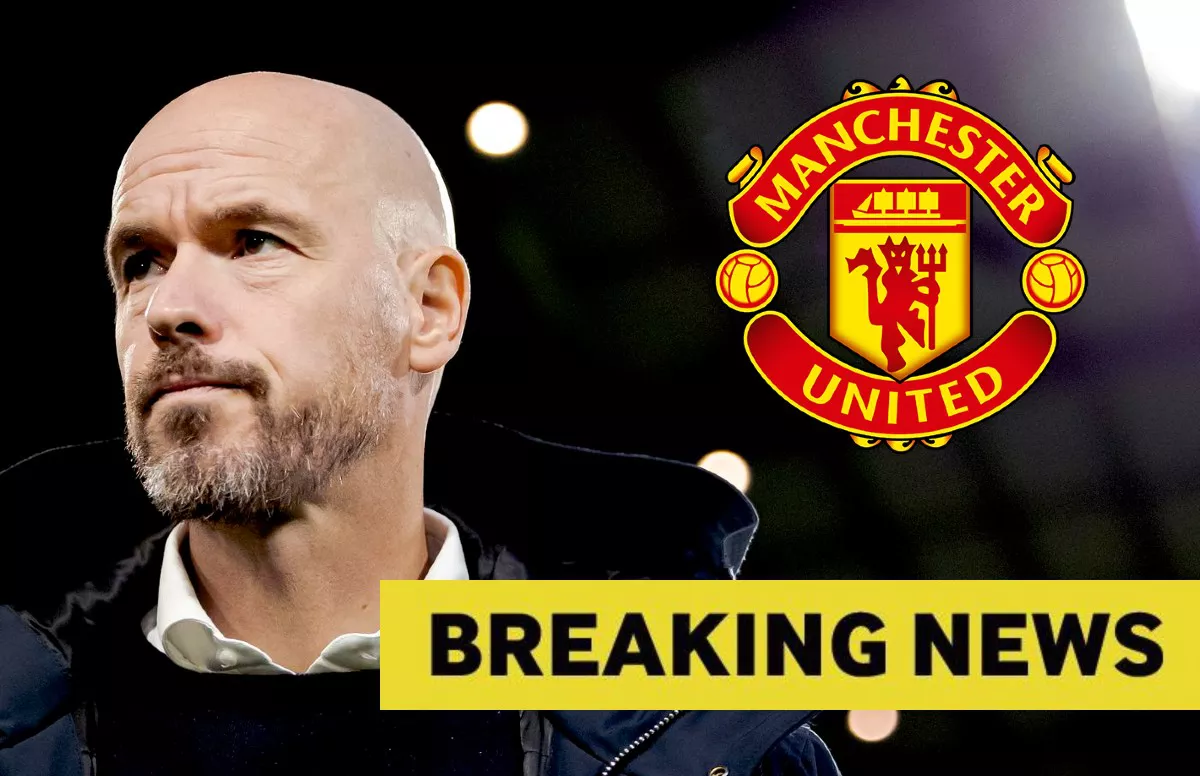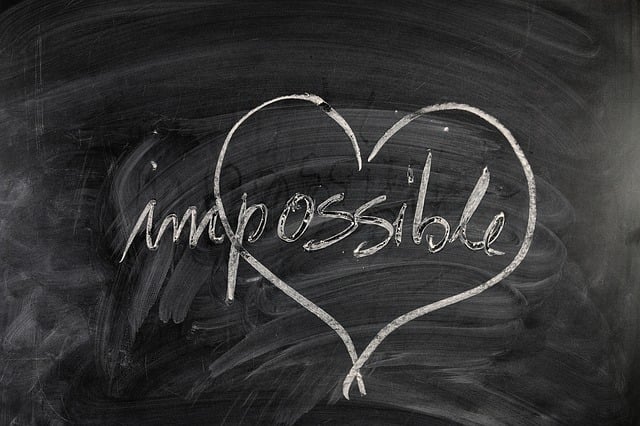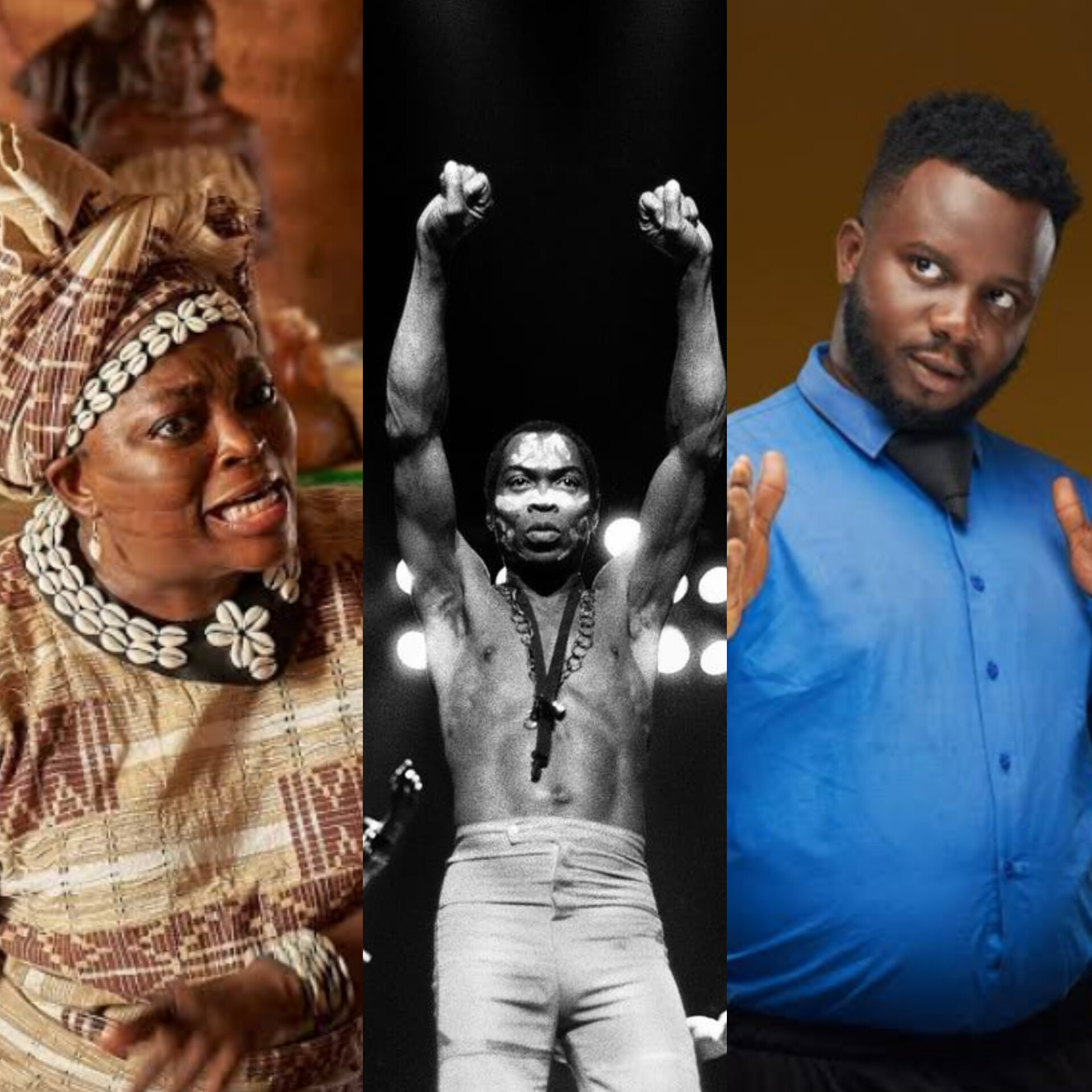By Fasuyi Tolulope Samuel
The passing of Ruth Otabor Bondon—affectionately known as Phyna’s younger sister—marks not just a devastating personal tragedy but a glaring indictment of institutional silence.
Ruth, a fresh graduate of Auchi Polytechnic’s Marketing Department, had just walked away with her diploma six days before her life was irrevocably altered. On August 14, a truck said to be operated by Dangote Group struck her on the Auchi expressway.

The driver fled the scene, allegedly with the vehicle’s plate number removed. Eyewitnesses say a lecturer gave chase, but the damage had been done. Ruth was flown to the hospital, her leg amputated, while doctors warned the other limb might not be salvageable.
Phyna—the reality TV star known widely for her Big Brother Naija victory—took to social media in anguish, imploring Dangote Group: “All I want is for Dangote to join me and help my sister because she will be crippled for life.”
Her plea, raw and heartfelt, reverberated across digital platforms. Yet the silence from Dangote Group has been deafening. Even more troubling is how standard this pattern of inaction has become: influential individuals raised to “leverage their platform” only to find themselves abandoned—or worse, ridiculed.
Phyna’s public agony has seen support from only a handful—notably including VeryDarkMan, whose critics argue seemed more driven by content creation than compassion.
Meanwhile, other celebrities, influencers and public figures remain conspicuously silent. Worse yet, when actress Iyabo Ojo took a public stand after Mohbad’s passing, she became a target of trolls—suggesting a disturbing social trend: support equals scrutiny, not solidarity.
After the Student Union Government President of Auchi Polytechnic where graduated posted her photo with the caption “RIP”, many celebrities and influencers who have not joined Phyna in calling out Dangote Group for help has suddenly been posting “RIP” on social media platforms such as Instagram, Facebook and X.
That is the central question this tragedy begs us to ask: Why, time after time, do institutions and star-power retreat when their visibility matters most?Shouldn’t a conglomerate like Dangote, with vast resources and stature, not only respond—but lead in offering restitution, medical assistance, and justice?
Why do we still allow grief to become a spectacle when dignity and compassion could be the narrative? This isn’t merely a management oversight—it’s a moral failure.
Ruth’s death, so abruptly silenced, demands more than tears. It demands accountability. It demands that Dangote Group—and every powerful institution out there—stop hiding behind corporate statements and start showing up where it counts: in human lives shattered by tragedy.
























